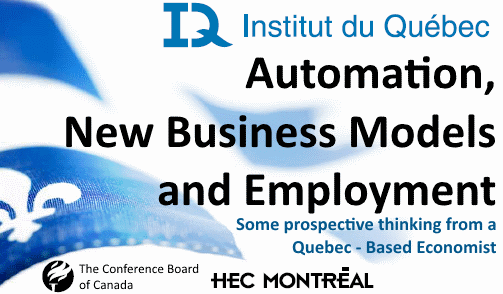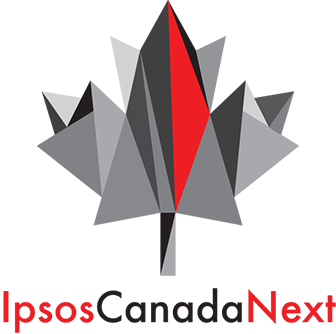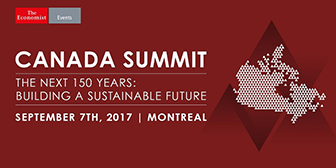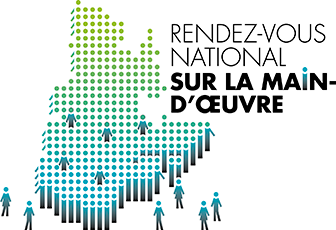We value intellectual rigor and honesty; independence (no political views); idea sharing; respect and optimism.
We value intellectual rigor and honesty; independence (no political views); idea sharing; respect and optimism.


Op-ed “The Canada we want in 2030” published on September 21, 2017
![]()
Trudeau’s new government confirms another “CANADA TOWARDS 2030” prediction.
 Survey Excerpts (click here)
Survey Excerpts (click here) Montreal - September 7, 2017
Montreal - September 7, 2017




Eric is SVP – North America, Oxford Analytica, a global analysis and advisory firm he joined in 1993. He is also Executive Fellow, School of Public Policy, University of Calgary.
Read more >>
New technologies have reinvented agriculture and industry, replacing labor with machines, software and new processes. Artificial intelligence, robots and automation will bring a similar revolution to workers of the tertiary sector. Pharmacists, actuaries, accountants, doctors or laboratory technicians may be forced to specialize in more non-routine, analytical/cognitive tasks — or look for a second career.

 Compelled by revolutionary technologies, new scientific advances, and the economic importance of high-tech products and services, Ottawa will decide to centralize all its R&D policies and subsidies, health, pharmaceutical testing and certification, agricultural, water, energy and fisheries research, space programs, telecommunications and other intellectual property development into one agency: Science & Technology Canada.
Compelled by revolutionary technologies, new scientific advances, and the economic importance of high-tech products and services, Ottawa will decide to centralize all its R&D policies and subsidies, health, pharmaceutical testing and certification, agricultural, water, energy and fisheries research, space programs, telecommunications and other intellectual property development into one agency: Science & Technology Canada.

One morning we will wake up and our “all-connected world” will have been disconnected by cyber terrorists. We will learn to live without electricity, internet, telecommunications, banks, subways, trains, airports, hospitals, personal identity, etc., for a few days or even a few weeks. And we will have to decide how to reply to our virtual enemies.

There will be an estimated 4 million Canadians of Asian descent by 2030. As the risk of naval conflicts increases in Asia, Ottawa will be asked to enhance Canada’s military capacity in the region. After or to avoid a war in China’s sea or India’s neighbourhood, we may have institutionalised our Asian defence footprint in a military treaty, joint exercises or a permanent base.

With some 2.4 million Canadians aged 80 and above in 2030, and the +65-year old representing 23% of the total population (more in Quebec and the Maritimes), there will be more old people at the office (or working from home), in classrooms, in start-ups, in bars, at the gym or in jails. The +65 will represent a leading and growing consumer group, and powerful lobby too.

In 2030, the population shift to Ontario and the West will have redesigned our electoral map with a smaller proportion of ridings in Quebec and the Atlantic provinces. Because of the new “electoral math”, a Canadian Prime Minister will be able to get elected without any MPs on the East coast. By then, the strongest candidates from Quebec and the Atlantic provinces may run for a neutral party that will integrate them within the winning one in Ottawa.

Volunteering will become a necessity and altruism an important leisure. Citizens will use crowd-sourcing, “virtual social money”, and time banks to exchange services from coast-to-coast. Crowd-funding and “time-funding” local social services or spending time helping others in need while having fun (weekends or holidays spent building, fixing, caring or teaching) will help address the challenges of an ageing population and limited public services.

Faced with labor scarcity but helped by new electronics and artificial intelligence, in 2030 one out of every four Canadian households will have a robot. Will some robots be branded by Loblaws, Home Depot or your local hospital?
© 2024 C2030 Project. All Rights Reserved.